Joe Ross – Future DayTrading (German)
$17.00
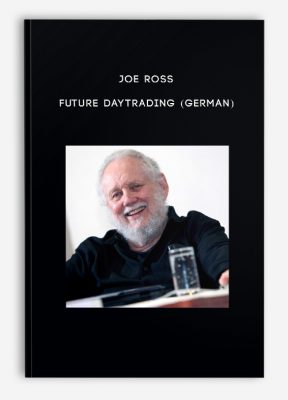
Joe Ross – Future DayTrading (German)
When day trading futures by using a personal computer first became possible, I remember rushing out to buy one — an Epson QX-10. Wow! No more weekly charting service, no more keeping everything up-to-date by drawing in the daily bars, and the wonder of being able to see what a chart actually looked like throughout the course of the day! This way of day trading futures was truly exciting, and I remember sitting spellbound as the cursor danced up and down as prices moved.I also quickly found that if I was wrong about the direction of prices while I was day trading minute-by-minute, I could win a lot of money, or lose it, in a matter of minutes, or sometimes even seconds.
I began my day trading ventures by trading the one-minute chart in the British pound futures. I was amazed to see that it looked very much like a daily chart of almost anything that could be traded. It was at that time that the lesson of “a chart is a chart” really came home to me. I realized that if anyone took an intraday chart and removed all identifying information, I couldn’t tell if I was looking at a minute, hourly, daily, or a weekly chart; and if prices were removed, I would have no idea if I was looking at a chart of a stock, a futures, or a currency pair. Truly, a chart is a chart, is a chart!
Amazingly, that intraday one-minute chart of the British pound was trending. Many times it trended all day long. The things I had learned by trading the daily charts were all true and usable on the one-minute chart — and the 5-minute chart — and the 15-minute chart. But instead of having to wait for days for things to happen, they were happening every few minutes during the time I was in front of the screen day trading futures.
My life was suddenly changing. Why watch just one chart when I could watch six charts? After all, I had watched 8-10 markets on a daily basis using a chart service!
I didn’t realize it at first, but I was fast becoming a day trading junkie. I forgot about the rest of my life — the life in which I had lots of time for other things. All I wanted to do was to sit in front of that screen and trade, trade, trade. I’m pretty sure many of you know what I mean.
Due to a number of events that happened in my life a few years after this introduction to computerized day trading, I found myself one day teaching a retired medical doctor how to day trade futures. It was an incredible experience watching this man trying to day trade, when he knew virtually nothing about markets, price action, or day trading. In fact, looking at his screen, all I could see were indicators in the form of a lot of wiggly lines and oscillators. There were red, white, green, brown, purple, pink, yellow, and orange lines crawling all over his computer screen.
“Where are the prices?” I asked. He answered, “Oh! I don’t use them. As long as the white line is turning up, when the green line crosses the orange line, I’m going to buy the S&P.”
“He has to be kidding,” I thought to myself. “Doesn’t he realize that in day trading futures, prices are the most important indicator?” None of those lines could have possibly been there if it were not for prices. After sitting with him for awhile, I discovered why he was losing $30,000/month.
I wondered why he didn’t realize that prices are the alphabet of trading. The way I was taught to trade, everything depended on price, and so I wanted to know which price patterns gave me the best chance of realizing a winning trade. I knew that if I didn’t give myself some sort of advantage in the market, I might just as well flip coin and say “heads I go long, tails I go short.”
Price is the key to proper entry, and it is also the essential for timely exits. Prices are the key to risk and money management, whether in day trading futures, or in daily trading, and prices are the vital key to trade management — the most important skill next to personal management.
In day trading futures, it is essential to search out those markets and time frames that best fit my personality, my mindset, and my financial resources. I knew from years of trading that I had to search out the best trades. I wanted to know and detect a trend while it was still in the birth canal, and I had developed methods for finding the trend and exploiting it. The sooner I could detect a move out of congestion, the easier it would be for me to get the jump on other traders. I wanted to get all those points across to that doctor.
In learning about day trading futures, I had been taught to trade in contract sets; to take profits as soon as possible, and to leave some part of my position in place in case prices ran. Experience taught me how and when to turn day trades into position trades.
I knew how to make a day trading plan based on a strategy and the tactics I needed to carry out the strategy.
I had a habit of keeping track of all my trades, day-by-day, actually keeping a history along with a chart of every trade I made, and I wanted to show it all to the doctor.
However, I had only three days in which I could get across as much as possible, but I was restricted to the rate of speed at which he could learn.
When I returned home after three days of tutoring, I decided to write down all that important information about day trading futures while it was still fresh in my mind. By the time I finished, there were over 300 pages of material.
I named what I had written Trading by the Minute. Later, after a couple of revisions to keep the material up-to-date, I renamed it Day Trading. By now, thousands of people have read either Trading by the Minute, or Day Trading. I’m happy to say it has become a collector’s item.
1 review for Joe Ross – Future DayTrading (German)
Add a review Cancel reply
Related products
Forex - Trading & Investment
Paul Lemal – Bottom Springers. Bonsai Elite WaveTrader Course (8 DVDs & Manuals)
Forex - Trading & Investment
Nick Van Nice & John Sheely – Master CTS Swing Trading (Video & Manual)
Forex - Trading & Investment

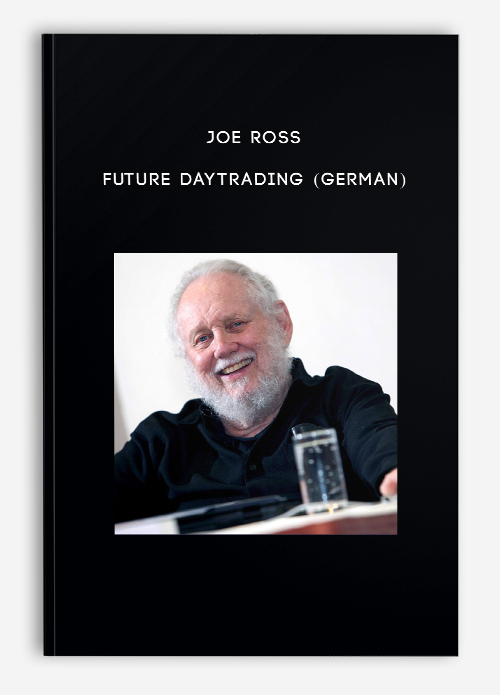
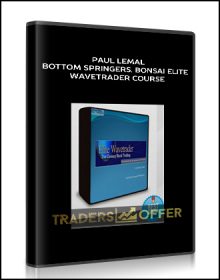
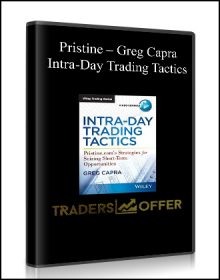
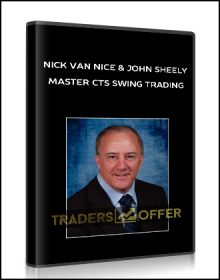
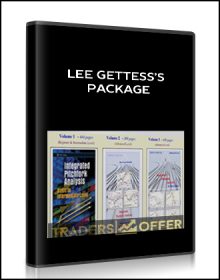
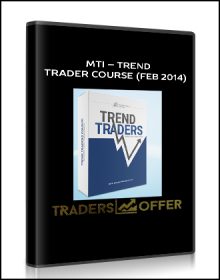
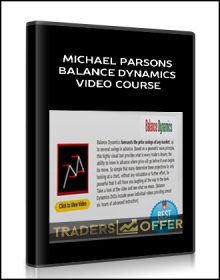
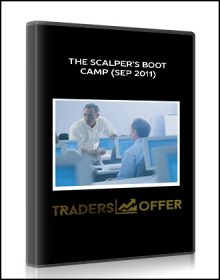

king –
We encourage you to check Content Proof carefully before paying.
“Excepted” these contents: “Online coaching, Software, Facebook group, Skype and Email support from Author.”
If you have enough money and feel good. We encourage you to buy this product from the original Author to get full other “Excepted” contents from them.
Thank you!